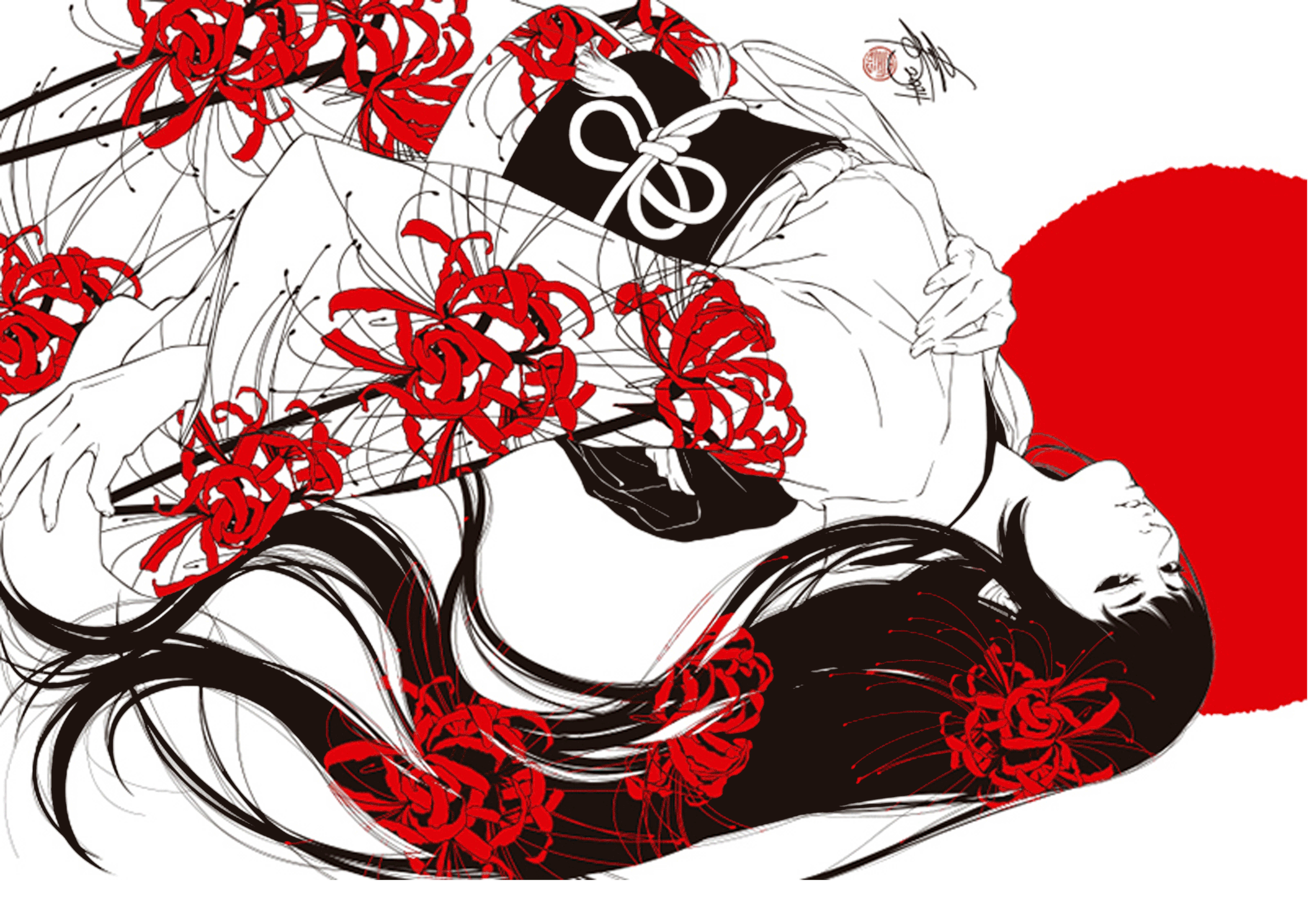Hardly a week passed since my wife’s return and we were already at each other’s throats.
What was that about absence making the heart grow fonder?
I think both of us had gotten too accustomed to our freedom, being able to do pretty much whatever we liked, whenever we liked. Now that Haruka was back and we were forced to compromise again, it was only natural that we would end up squabbling.
On a daily basis, no less.
“Are you really an American?” Haruka asks me in that snarky tone of hers.
“Born and bred, I’m afraid.”
“Well, you could hardly tell.”
“Oh? Why’s that?”
“You’re cold.”
“I know.”
“I thought Americans were supposed to be romantic.”
“Huh?”
“You know, hugging and kissing all the time.”
“Oh, that.”
“Yes, that.”
“Well, that has nothing to do with romanticism, my dear Haruka. The only reason American men are so affectionate towards those heifers they call their ‘lovely wives’ is that if they aren’t, they’ll end up kissing half their assets away in an ugly divorce. That, honey, is not romanticism; it’s self-preservation.”
You really poured on the charm didn’t you, Peadar?
Like I’ve said before, I can have oodles of charm when I want to. That, however, was not one of those moments.
Not long after Haruka came back, she asked how you felt about her . . .
Going back to the States again from next spring, only this time for at least half a year.
How did you feel about that?
She goes for a month, then three; seemed only natural that she would want to stay longer the next time. The only real surprise was the reason.
Which was?
She wanted to study.
Study what?
Accounting.
And?
And I told her to knock herself out. It’s only fair, she reasoned. I had gotten my Masters on “our” time and money. Now it was her turn to “cultivate” herself. Actually, she used a Japanese word that directly translated means “polish”,[1] so, being the sarcastic bastard that I am, I tossed her a rag and said, “Start with this, Haruka. It’s much cheaper.” To my surprise, she laughed. I guess she knew she was asking a lot of me. After a week or so of feigning objection, I tentatively agreed to let her go and even promised to help her find a program that would actually benefit her—no more of this accounting nonsense—and fill out the paperwork necessary to get a visa.
Why were you against accounting?
It was just something she had thrown out there because it sounded good. If I was going to pay for her to study abroad, I wanted her to study something worthwhile. Accounting would have taken more than a year and wouldn’t have been much use to her in Japan. The first thing we settled on was her departure: mid-March. So, I only had to deal with her for about half a year until she was out of my hair again.
And in the meantime?
I was busier than ever with work. The autumn term at the university had started up, I was doing a lot more consulting on the side, and on top of that, I was putting together a book on traditional Japanese architecture with a photographer from France. The two of us traveled all over the country together—from Okinawa to Tōhoku—documenting and researching. We met with craftsmen and watched them restore old farmhouses, build temples and shrines. We even traveled to the remote village of Shirakawa-gō in Gifu prefecture and participated in the thatching of a roof. Now that I think about that period in my life, I would have to say it was one of the better ones.
In spite of your relationship with Haruka.
In spite of it, yes. At the time, I kept thinking to myself, “If only, if only, if only I were happily married.”
And then you were given a reminder of what could have been.
[1]Migaku (磨く) in a general sense means “polish, scour, or scrub”, but it can also have the meaning of “improving, cultivating, or refining oneself”.
The first installment/chapter of A Woman's Hand can be found here.
A Woman's Hand and other works are available in e-book form and paperback at Amazon.
